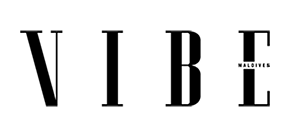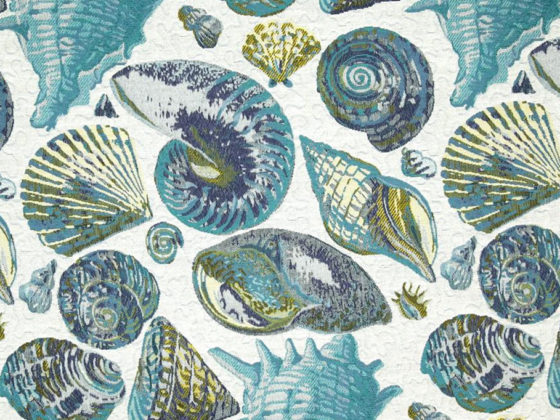Are you #using #hashtags when #you #write a #social #statusupdate on #Facebook or a #tweet on #Twitter? #ohmygoodness #itssotrendy.
Hashtags are all over the place. You even hear people talking in hashtag speak (#crazy).
The hashtag craze began in Twitter as a way to group topics, events, and other kinds of conversations. Hashtags work nicely over on Twitter because you can easily search for the latest news or trending topic. Recently, Facebook has joined in on the hashtag craze, and you can use hastags on Google+ as well.
In theory, hashtags can be a good thing. You can search for news items and trending topics. If you are doing research for a book or report, it’s a handy tool to have for search purposes. Need the latest scoop on a celebrity or one of your competitors? Use their name in a hashtag. Searching for news in a particular industry? Add a hashtag.
For example: #coffeeshop, #salon, #healthinsurance. By simply adding the hashtag in front of the word you wish to tag, you are creating a clickable link. People can click the link and they will be brought to other status updates, and tweets, using the same hashtag. In reality, however, hashtags have become something that most people don’t understand, and very often abused. If used correctly, “hashtags are a good thing”. Let’s see what you can do with them:
Organizing your search based on subject:
As previously mentioned, by adding the hashtag symbol to a word or phrase makes it searchable. Tag words that make sense to you and your business, or whatever it is you’re sharing. Like #howtoblog, #socalsurf, #cooking, #photography, or #bedtimestories.
Promoting and managing an event:
Often, when you have a large event, workshop, expo — indeed, any kind of event, you can have people talk about it on Twitter or Facebook simply by creating a hashtag for it.
Follow televised events:
OK, if you watch “Heyanboo,” “American Idol,” “Filmy Udhares,” and other live TV shows — including sporting events — you’ve seen how they use Twitter and hashtags during the shows. People watch the show and tweet their opinions, and even votes, all at the same time. TV shows love this because they are getting your input as things happen live.
A bit of hashtag etiquette goes a long way. Just because you CAN use hashtags doesn’t mean you SHOULD use them. Choose your hashtags carefully. Make them meaningful, and not silly random or generic words. Think about why you are using a hashtag. Using more than three (if that many) in one sentence is going to annoy a whole lot of people. Goodness knows it’s more difficult to read a sentence loaded with unnecessary hashtags. Besides, it looks spammy — and you don’t want people to think you’re spamming them, do you? And don’t use hashtags in each and every one of your status updates or tweets.
Hashtags work only if relevant. With that said — test your hashtags first. Check out the hashtag you would like to use. If you find that it leads to meaningless chatter, then don’t use it.



